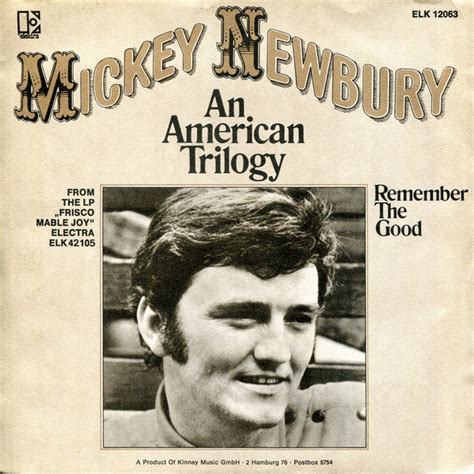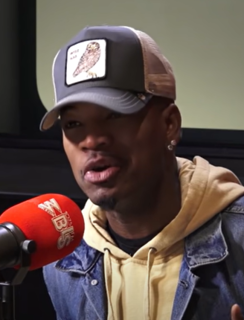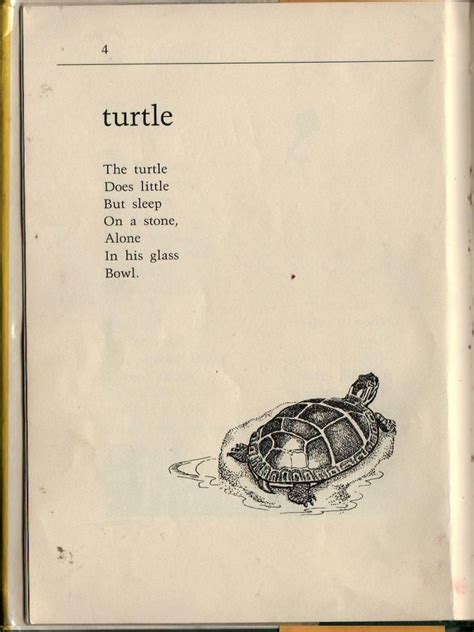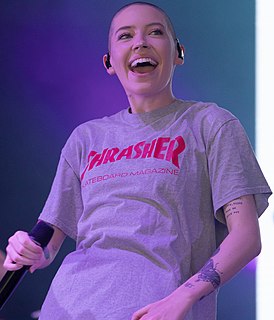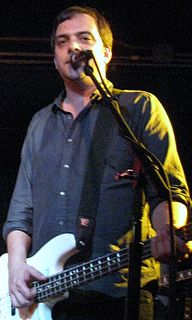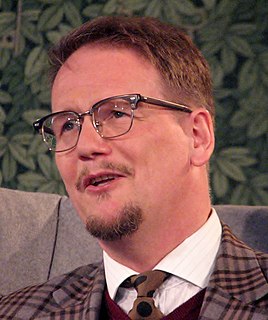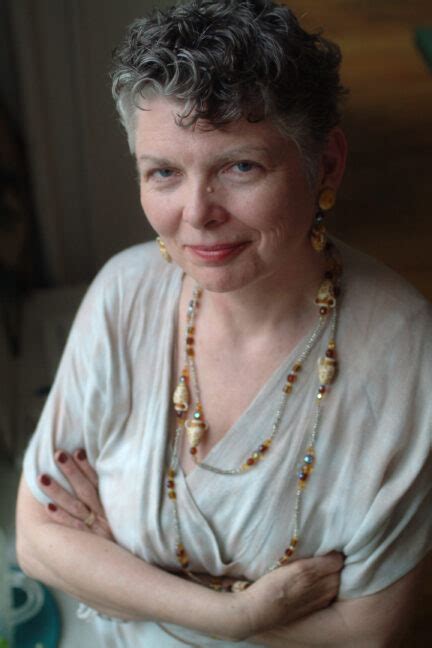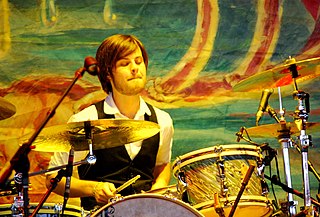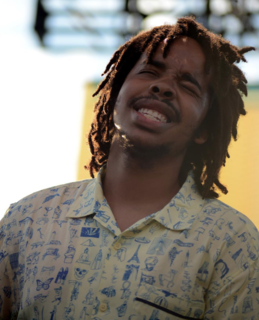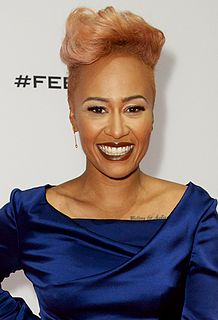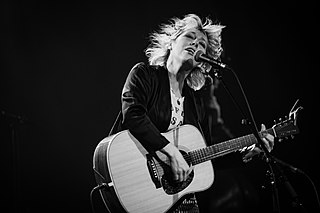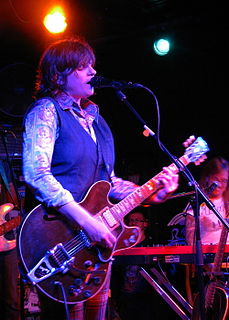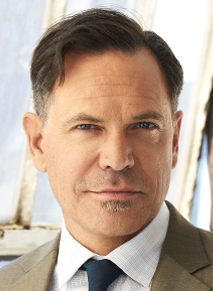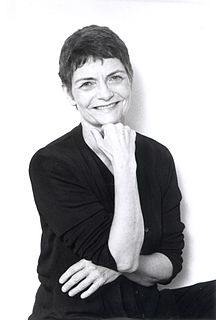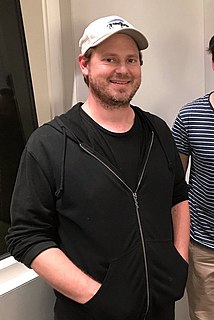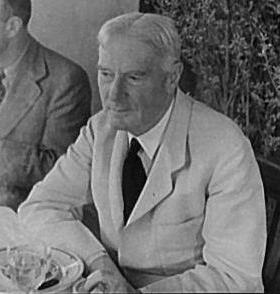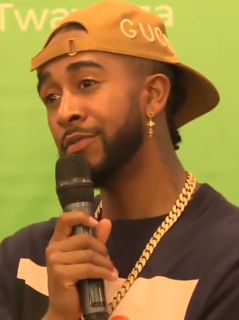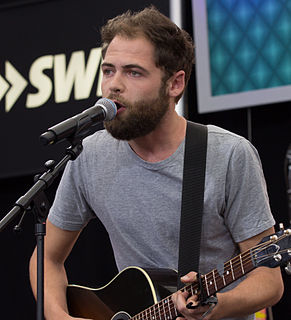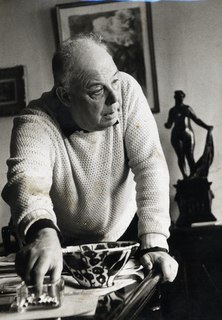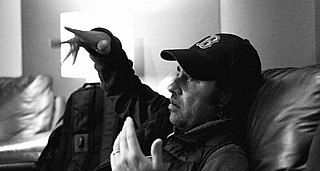Top 1200 Lyric Poetry Quotes & Sayings - Page 16
Explore popular Lyric Poetry quotes.
Last updated on October 12, 2024.
The first song I wrote and had published was titled "Just As Long As That Someone Is You". It was written in 1959, and recorded in 1965 by Jimmy Ellege. I started writing songs because I wanted something of my own to sing. I, at that time, was not aware that the songs I heard on the radio were not written by the folks singing them. I had always loved poetry, and found it easy to integrate a melody with poetry.
If we think about folk forms, they belong to disenfranchised people, people who have not been allowed access to the poetry of literature or the leisure time that comes with the pursuit of poetry. Instead, this is ceremony. This is a highly charged way to create a sacred space that isn't necessarily about God, but is about human experience at its most profound levels - whether that's love or grief, separation, or homeland. All are altered states.
It is at once by way of poetry and through poetry, as with music, that the soul glimpses splendors from beyond the tomb; and when an exquisite poem brings one's eyes to the point of tears, those tears are not evidence of an excess of joy, they are witness far more to an exacerbated melancholy, a disposition of the nerves, a nature exiled among imperfect things, which would like to possess, without delay, a paradise revealed on this very same earth.
One: whose shoulders do you stand on? And two: what do you stand for? These are two questions that I always begin my poetry workshops with students because at times, poetry can seem like this dead art form for old white men who just seem like they were born to be old, like, you know, Benjamin Button or something.
I began to write poetry again in 1975, when I fell in love with another woman. I returned to poetry not because I had “become a lesbian”—but because I had returned to my own body after years of alienation. The sensual details of life are the raw materials of a poet—and with that falling-in-love I was able to return to living fully in my own fleshly self.
The first night Stephen and I slept together, he whispered numbers into my ear: long, high numbers -- distances between planets, seconds in a life. He spoke as if they were poetry, and they became poetry. Later, when he fell asleep, I leaned over him and watched, trying to picture a mathematician's dreams. I concluded that Stephen must dream in abstract, cool designs like Mondrian paintings.
Poetry interprets in two ways: it interprets by expressing, with magical felicity, the physiognomy and movements of the outward world; and it interprets by expressing, with inspired conviction, the ideas and laws of the inward world of man's moral and spiritual nature. In other words, poetry is interpretative both by having natural magic in it, and by having moral profundity.
I think the first time I really heard poetry was in the schoolyard. Just the little limericks that kids say when they're jumping rope and playing games. I think that's the first time I heard rhyming words - I don't know if I'd call that the definitive poetry, but that's when I heard rhyming words said and not necessarily sung.
An old woman I loved very much when I was young - the wife of Jean Villard - she's just reciting poetry all the time, which is beautiful because it means she went back to the world of poetry that she loved when she was young. That's all she does - she almost doesn't recognize her children, but she recites Valéry and Baudelaire. So what? We're the ones who are suffering. She's not.
I think rap music is rap music. I mean, are there heavy writing aspects of it? Absolutely. In a sense, is it poetry? Yeah. I've heard that so much, growing up in a house with poetry. But I think people like to use that as a shortcut for who's good and who's not. It's like the word 'lyrical' - 'lyrical' is the worst word in the entire world.
Dialectic, which is the parent of logic, came itself from rhetoric. Rhetoric is in turn the child of the myths and poetry of ancient Greece. That is so historically, and that is so by any application of common sense. The poetry and myths are the response of a prehistoric people to the Universe around them made on the basis of Quality. It is Quality, not dialectic, which is the generator of everything we know.
Most poetry is the utterance of a man in some state of passion, love, joy, grief, rage, etc., and no doubt this is as it should be. But no man is perpetually in a passion and those states in which he is amused and amusing, detached and irreverent, if less important, are no less amusing. If there were no poets who, like Byron, express these states, Poetry would lack something.
There is an actor's responsibility in presenting the emotional content of the lyrics to an audience. But whether you do that in a straightforward fashion or an ironic fashion or a blase fashion is all about opportunities, and singers are missing opportunities as artists if they don't pay attention to the lyric.
I've noticed that there can be a visceral reaction to strong statements about poetry, as if anyone who has an opinion and expresses it is shutting people down. It's funny to see that expressed, and then to go back and read poetic statements by the great poets of the past: they are full of a passionate conviction! It is clearly possible to express strong feelings about poetry while also defending the absolute right of myriad approaches.
High school was the first time I ever saw spoken word poetry. The first place I ever performed a poem was at my school, so in some ways it was the nucleus of how it all started. For me I think high school was a period of trying to figure myself out, and poetry was one of the ways I did that, and was a very helpful avenue to try to do that.
Poetry and code - and mathematics - make us read differently from other forms of writing. Written poetry makes the silent reader read three kinds of pattern at once; code moves the reader from a static to an active, interactive and looped domain; while algebraic topology allows us to read qualitative forms and their transformations.
Kools and Newports were for black people and lower-class whites. Camels were for procrastinators, those who wrote bad poetry, and those who put off writing bad poetry. Merits were for sex addicts, Salems were for alcoholics, and Mores were for people who considered themselves to be outrageous but really weren't.
What has praise and fame to do with poetry? Was not writing poetry a secret transaction, a voice answering a voice? So that all this chatter and praise, and blame and meeting people who admired one and meeting people who did not admire one was as ill suited as could be to the thing itself- a voice answering a voice.
To the question, ‘Is the cinema an art?’ my answer is, ‘what does it matter?’... You can make films or you can cultivate a garden. Both have as much claim to being called an art as a poem by Verlaine or a painting by Delacroix… Art is ‘making.’ The art of poetry is the art of making poetry. The art of love is the art of making love... My father never talked to me about art. He could not bear the word.
Truly fine poetry must be read aloud. A good poem does not allow itself to be read in a low voice or silently. If we can read it silently, it is not a valid poem: a poem demands pronunciation. Poetry always remembers that it was an oral art before it was a written art. It remembers that it was first song.
Whereas if you were writing an op-ed piece or an essay, somebody would be asking, "What's your point?" With poetry you can stay in a moment for as long as you want. Poetry is about metaphor, about a thing standing in for something else. It's the thing that opens out to something else. What that something else is changes for readers. So what's on the page - it falls away.
Poetry is not like reasoning, a power to be exerted according to the determination of the will. A man cannot say, 'I will compose poetry.' The greatest poet even cannot say it; for the mind in creation is as a fading coal, which some invisible influence, like an inconstant wind, awakens to transitory brightness...and the conscious portions of our natures are unprophetic either of its approach or its departure.
The question does arise if how and why to write poetry in this time. It feels both completely essential and also quite difficult. But that's how writing poetry has felt to me my whole life. Everything seems to have just gotten immensely more mortal and tragic and scary, which makes it hard to concentrate, but also, if harnessed, can provide immense energy for making poems.
What I want, when I write a poem, is no more than this: that it be preserved in some published form so that, in principle, someone, somewhere, will be able to find it and read it. That is all I need, as a poet, and that is the beauty, the luxury of my position. My lyric is mine and remains mine. Nobody can ruin it.
